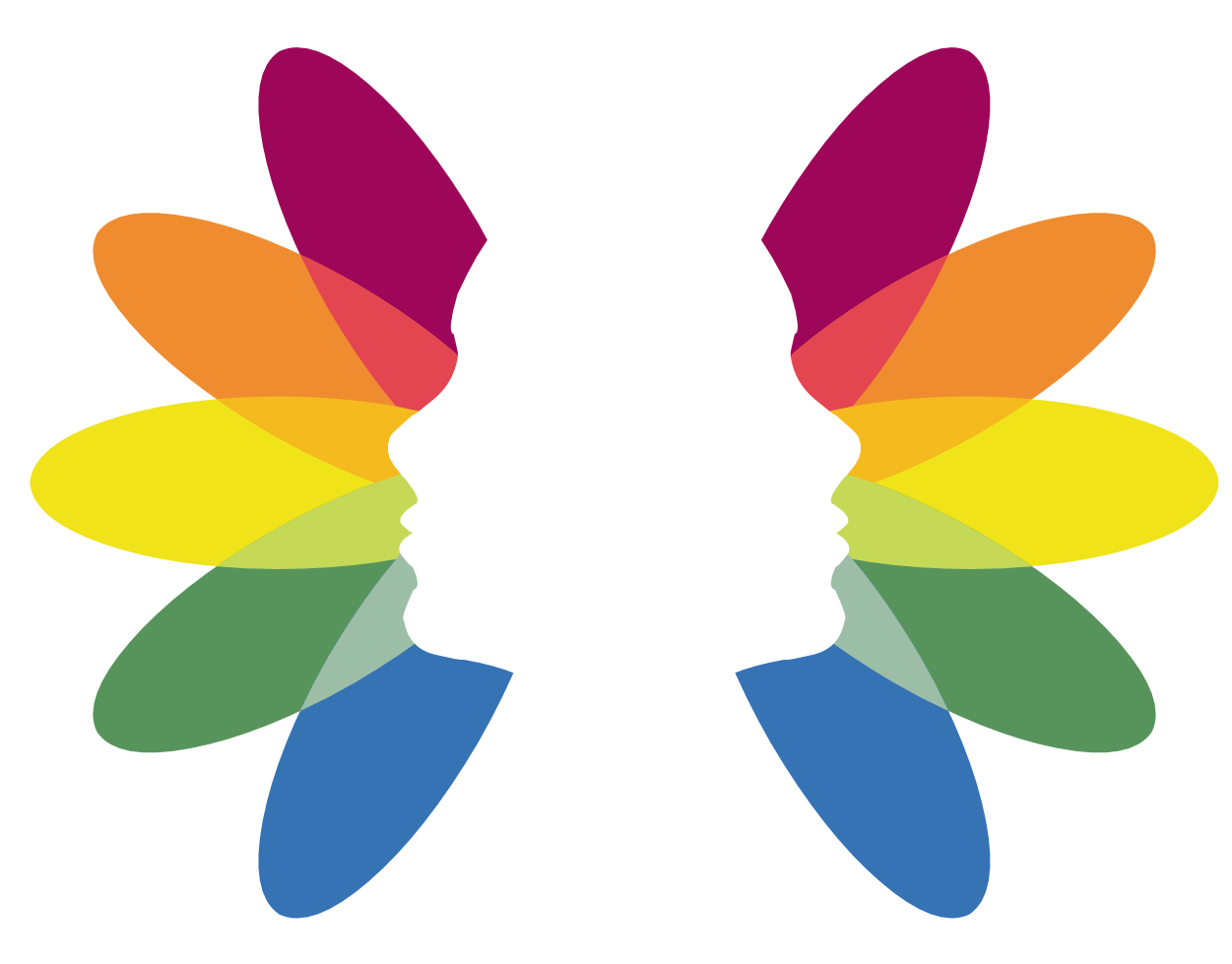A meaningful conversation is an interaction where two people have been heard by each other - we hear somebody without listening properly. However, as Stephen Covey, author of The 7 Habits of Highly Effective People says, “Most people do not listen with the intent to understand; they listen with the intent to reply”.
And he's right - when we're all wrapped up in how we're going to reply to somebody - be it a child; an employee; a patient; a loved one or a disgruntled customer - our listening skills go out the window. We get so focused on how we can fix things and how we’re going to respond that we stop listening properly after the first sentence.
Why is listening such an important skill to hone? First of all, listening conveys respect. We all deserve to express ourselves, and in turn, we all deserve to be heard, particularly when something is really important to us. Listening properly to somebody shows them that we've really heard them and we respect them.
Listening is the best way to get information - and in many situations, information is what we need. The more information we can get, the better equipped we are to deal with a given situation.
Another reason is that when we've listened properly to somebody, they're more likely to listen to us in return when it's our turn to speak. This more meaningful interaction makes for stronger relationships and greater trust. This can improve relationships in all spheres of life, be they at home, at work or in the community.
So how do we listen? 4 Steps to Getting it right:
Step 1: Don't just do something, sit there:
That's right - sit there. Do nothing. Zip. Nada.
This should be the easiest part, yet it can actually be the most difficult. Many of us have a natural inclination to help (what Miller & Rollnick call The Righting Reflex in their book Motivational Interviewing). This Righting Reflex can lead us to jump in, offer opinions, correct, criticise, judge, offer solutions, disagree, or play down somebody's concerns, usually in an effort to help them. All of these can be what Thomas Gordon refers to as Roadblocks to Communication. Nothing closes down a conversation faster than being talked over. So, bite your lip - sit and listen.
Level 2: Reflect the Content
Simple reflection means echoing back what we've heard (or a summary of it). There's no need to get deep and analytical. Simply reflecting back, the content of what we've been told shows the person that we really have been paying attention to them, that it's important to us and that we've 'got' what they're saying. On a practical level, it also gives us an opportunity to make sure we've heard correctly, and for the speaker to let us know us if we've picked up anything the wrong way.
e.g. “So, you were in here working till 10pm last night.”
e.g. “Billy took the toy train while you were playing with it.”
Level 3 - Reflect the feeling
When you've spent a little time listening to the issues, your reflections can go a little bit deeper than purely the content. What is the feeling behind what the person is saying? You'll get this from what the person is saying, the context of what they're saying, and also by paying attention to how they're saying it. How does the person sound? Frustrated? Resigned? Excited? Sad? Stressed?
e.g. “You're putting in long hours at work - you sound tired.”
e.g. “You seem very sad he took the toy train.”
Level 4 - Inference
Sometimes, when we've been listening to somebody for a while, or if know them well, we may start to see themes or patterns emerging in what they’re saying. From this, we may be able to infer a deeper meaning to what they're saying. If we can reflect these themes back to a person, this can sometimes get deep into the heart of the matter.
However, inferences should be used with caution. Sometimes there can be a bit of a jump between what a person has told us and how we interpret that information. There's a chance that we might get the wrong end of the stick, and if we do, the person may feel like we don't 'get it'. That can put us back to square one with the person feeling unheard. To avoid this, it can help to put this inference to them as question. This means we're not seen to be making assumptions. Also, the person has an opportunity to correct us if we're wrong and steer us back on course.
e.g. “Do you feel you're getting the recognition you deserve in this project?”
e.g. “It can be difficult when people don't share, can’t it?”
Epictetus first said "We have two ears and one mouth so that we can listen twice as much as we speak". So, when you’re listening, don't put yourself under the pressure of trying to formulate a clever answer or provide all the solutions whilst the other person is still speaking. We can have better interactions and provide better solutions by listening fully, whilst building meaningful communication and relationships. And as many counsellors, parents, lovers, partners and managers know, simply being properly heard is often all that is needed.
Covey, S.R. (1999) The 7 Habits of Highly Effective People. Simon and Schuster
Gordon, T. (2001) Leader Effectiveness Training. Tarcherperigee
Gillian Martin is a Chartered Psychologist with the Psychological Society of Ireland, and a Board Certified Behaviour Analyst


